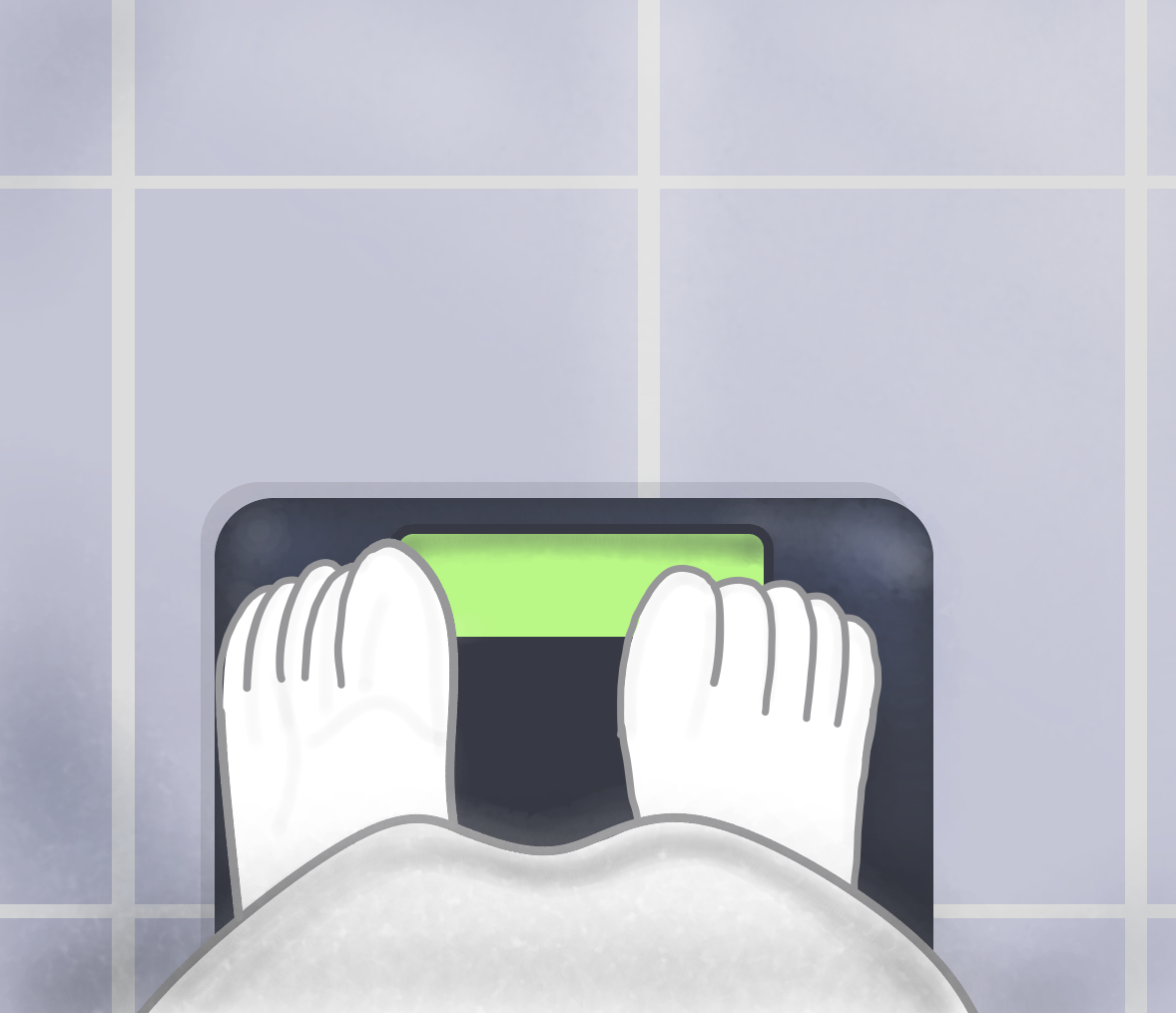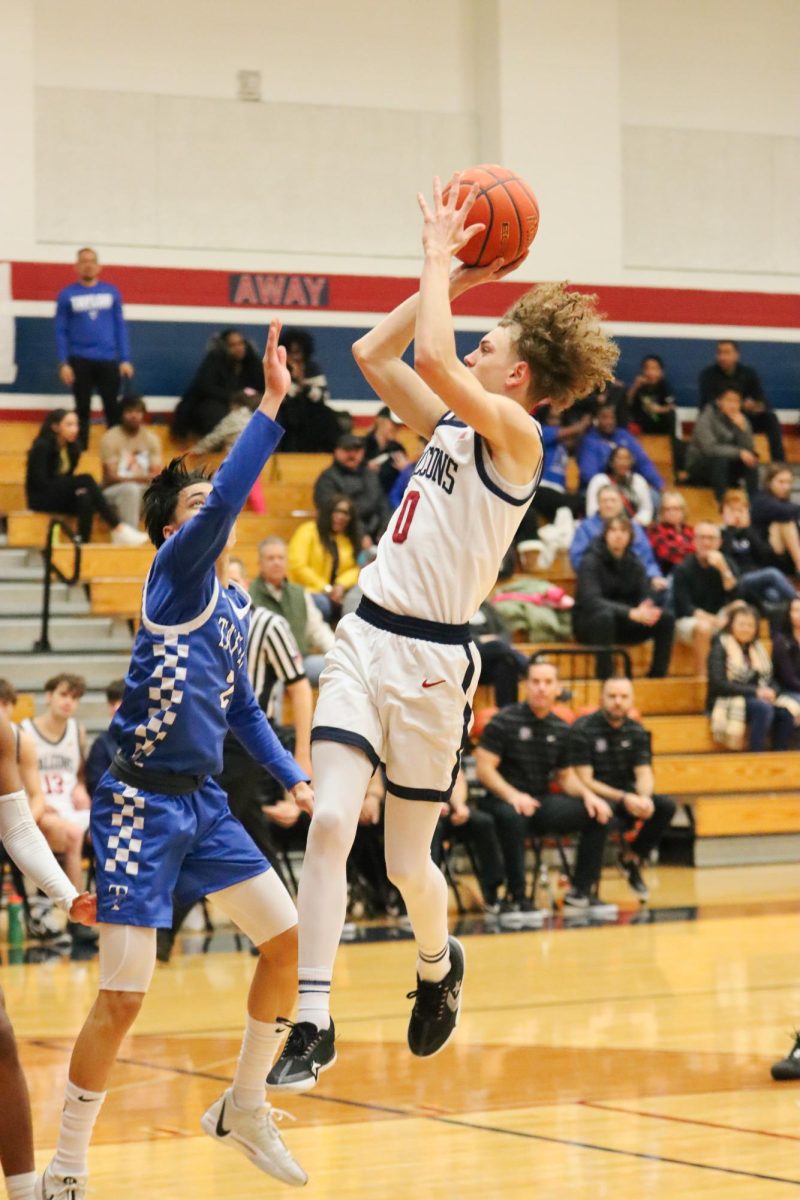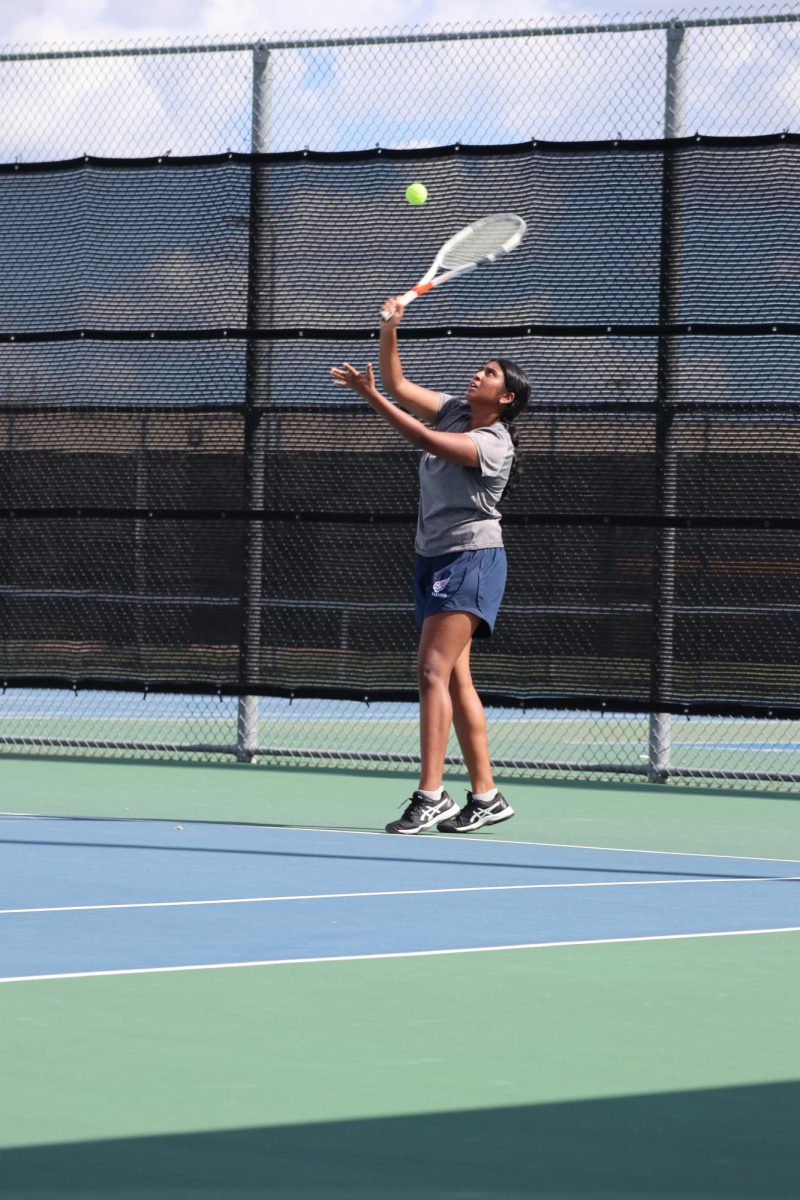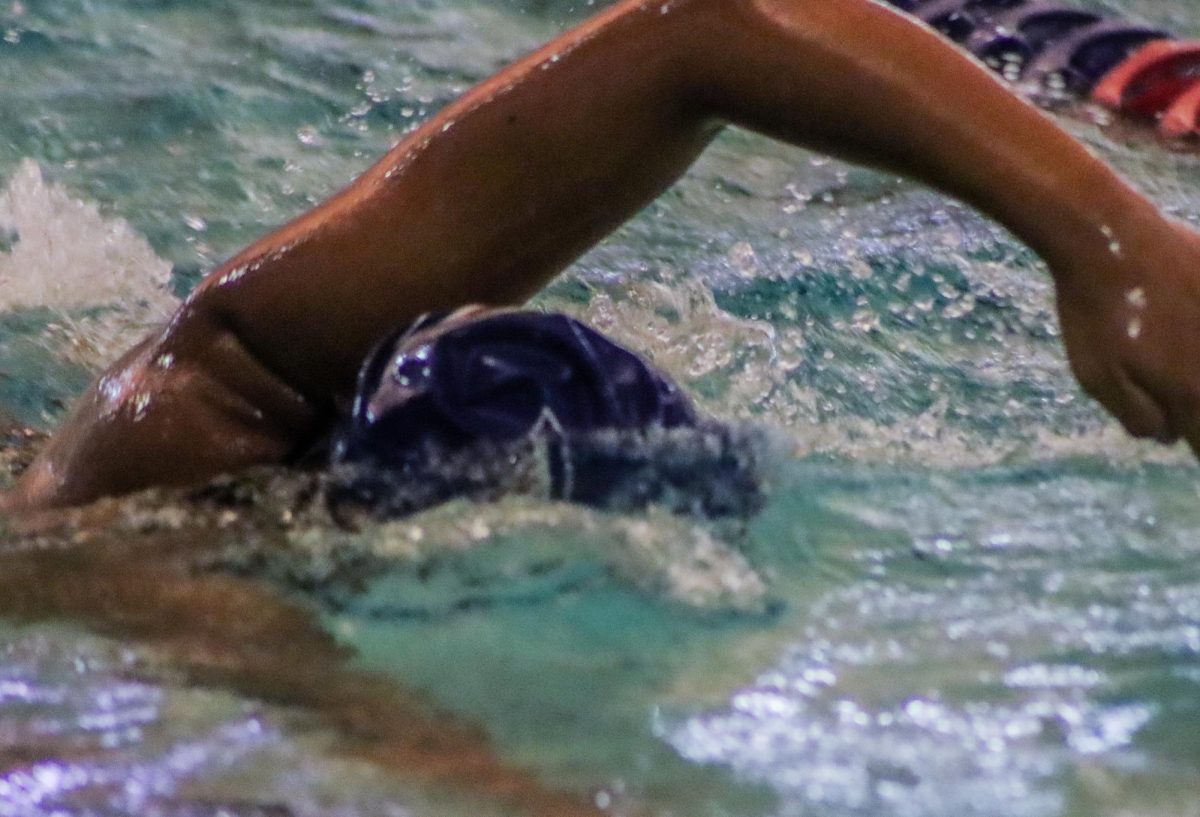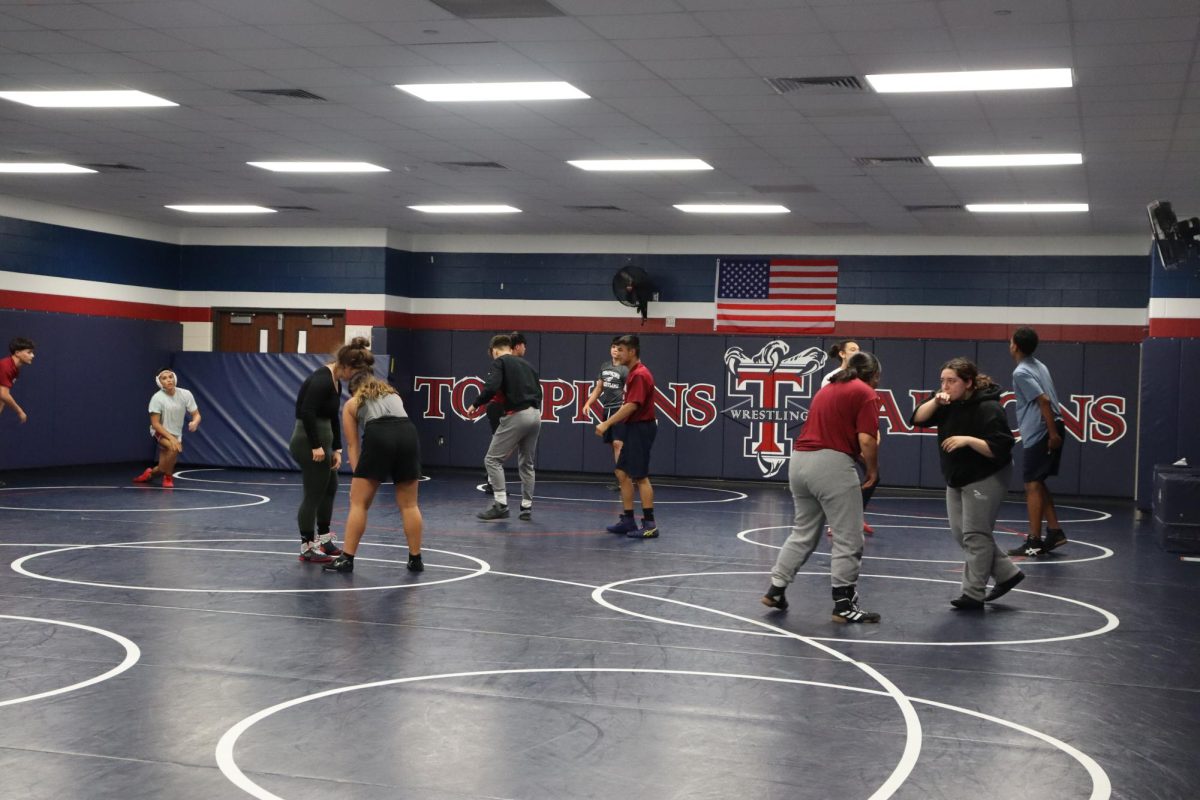For most athletes, the toughest part of game day might be the competition itself. But for high school wrestlers, the real challenge can begin long before the first whistle, at the scale.
In wrestling, weight is not just a number. It defines your competition, your training, and in many cases, your mindset. From strict weigh-ins to last-minute cuts, high school wrestlers often face intense pressure to stay within a specific weight class, which can take a serious toll on both their physical and mental health.
“I feel like I really have to practice discipline. Like, even though I want to eat so much, but to go down a few weight classes, you have to stay disciplined,” Tristan Hunters, senior, said.
Unlike many other sports, wrestling is built around weight categories. While this system is meant to ensure fairness, it also opens the door to risky habits, crash dieting, dehydration, excessive cardio, and, in extreme cases, disordered eating. The expectation to “make weight” is part of it, and doesn’t just come from competition; it can also come from peers or internal pressure to move down to a lighter class to gain an advantage. And while some teams work hard to prioritize safety, others unintentionally make weight their main focus.
“It was just mainly having to be a specific weight, always being negative affected me. I was barely eating, making me have a negative outlook on my life and on myself,” senior Blake Powers said.
These pressures can be especially dangerous in high school, when student-athletes are still growing and developing. Cutting calories too drastically or fluctuating weight frequently can lead to fatigue, hormone issues, and long-term health consequences. However, these risks are often overlooked in pursuit of wins. Even outside of wrestling, body image and weight expectations can impact athletes in other sports, including gymnasts, dancers, cheerleaders, and runners.
“My freshman year, my anxiety and body dysmorphia had gotten so severe that even when I was at my peak fitness, I still thought I was overweight. I couldn’t see the strength or progress in front of me because my mind was stuck on what I wasn’t. Races started to feel like I was fighting my own reflection more than my opponents. And god forbid someone took a picture of my race, and I saw it. Even now, as I get stronger and improve, those thoughts don’t completely go away. But I’m learning, slowly, that my body isn’t my enemy, it’s what lets me do what I love most. Run,” sophomore Elina Agamirza said.
Things are starting to shift. As more coaches, like those in Tompkins, emphasize year-round strength, conditioning, and safe nutrition strategies, rather than dramatic last-minute cuts. Schools are also implementing more education around healthy eating and mental wellness.
“The biggest thing is we don’t cut, we work more on a training regimen throughout the year to help build healthy eating habits. Discipline in your food impacts the rest of your life, ” Head Wrestling Coach Timothy Stoll said.
At the end of the day, wrestling is about discipline, technique, and mental toughness, not just the number on the scale.

